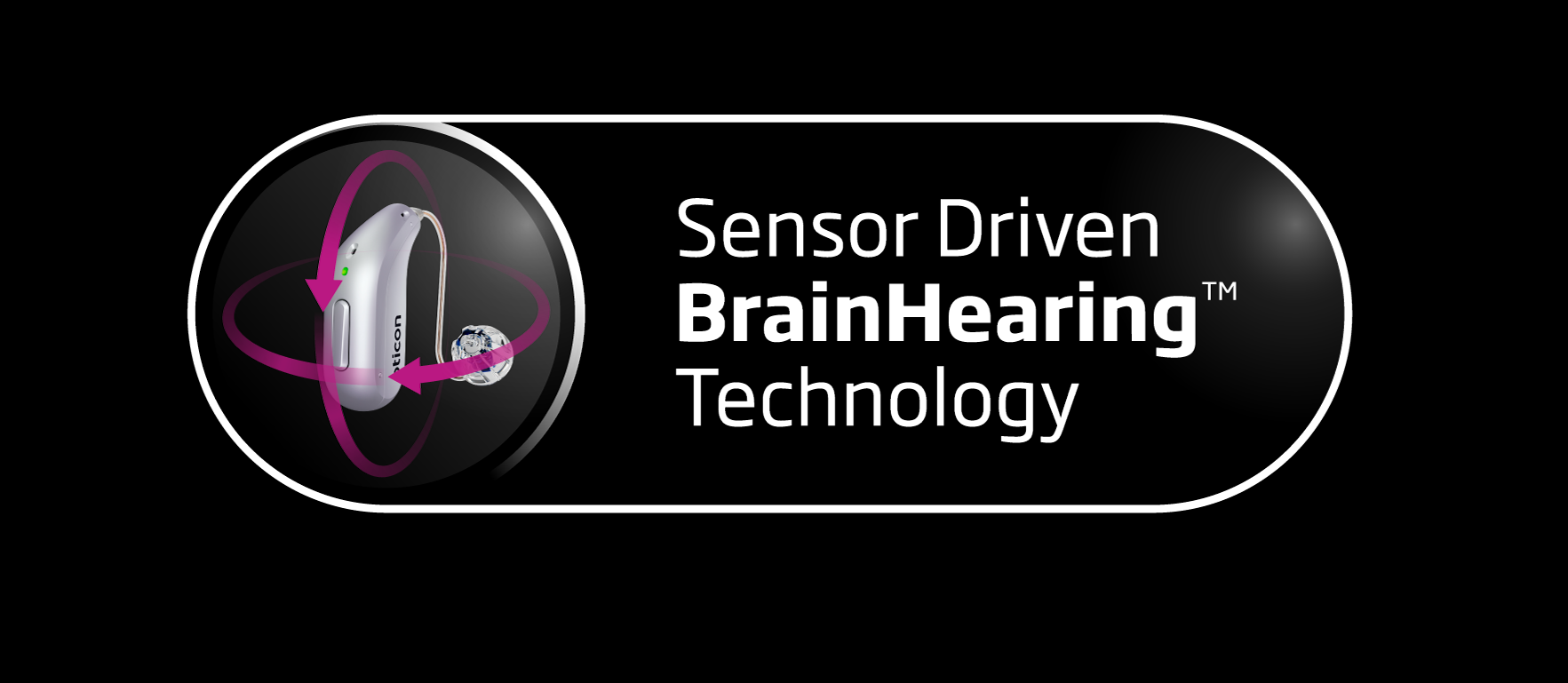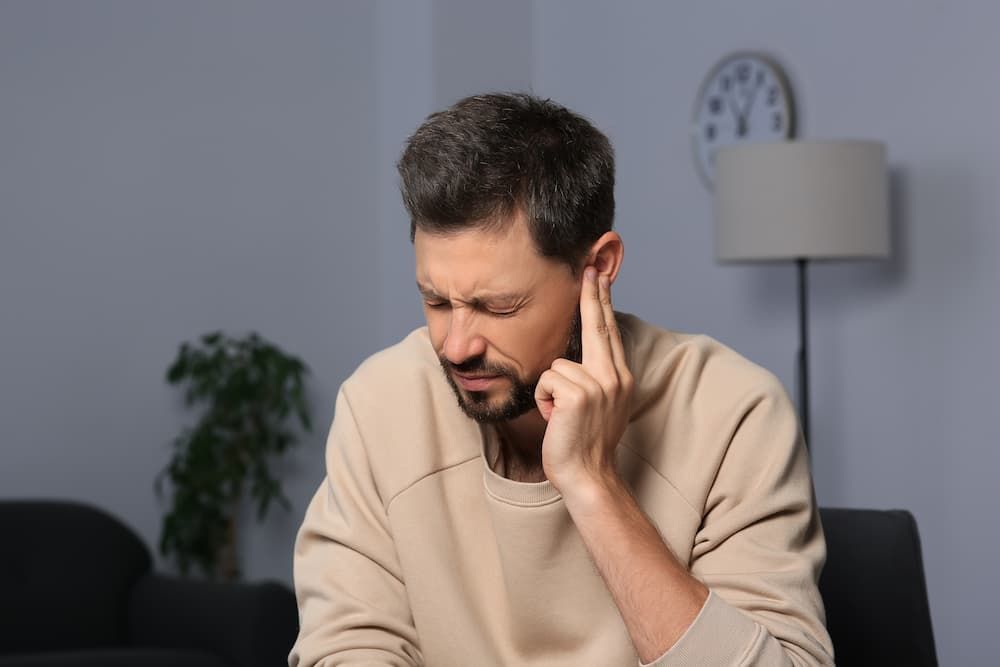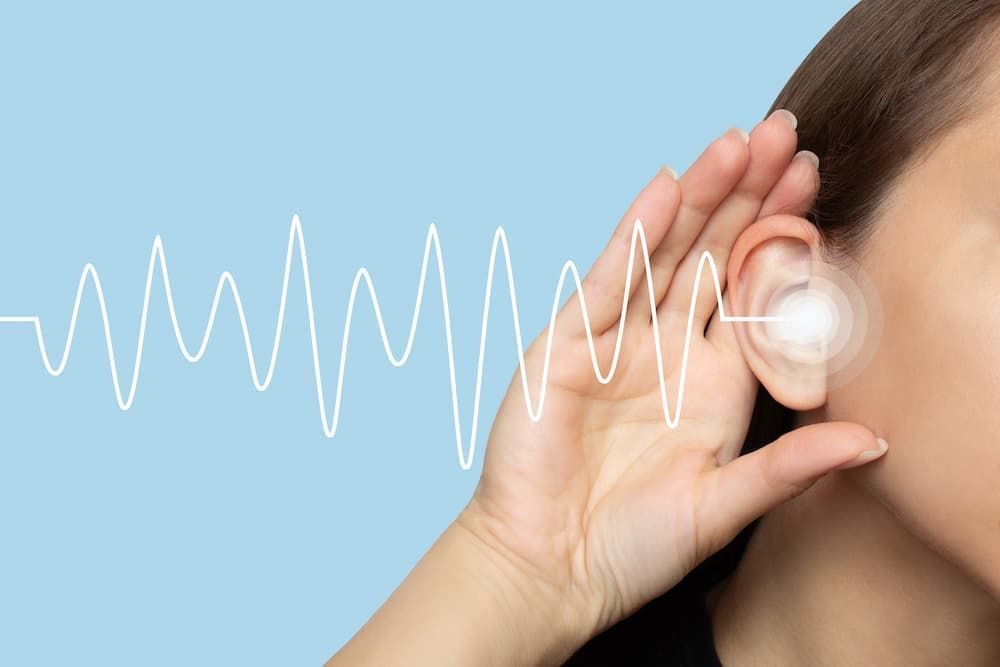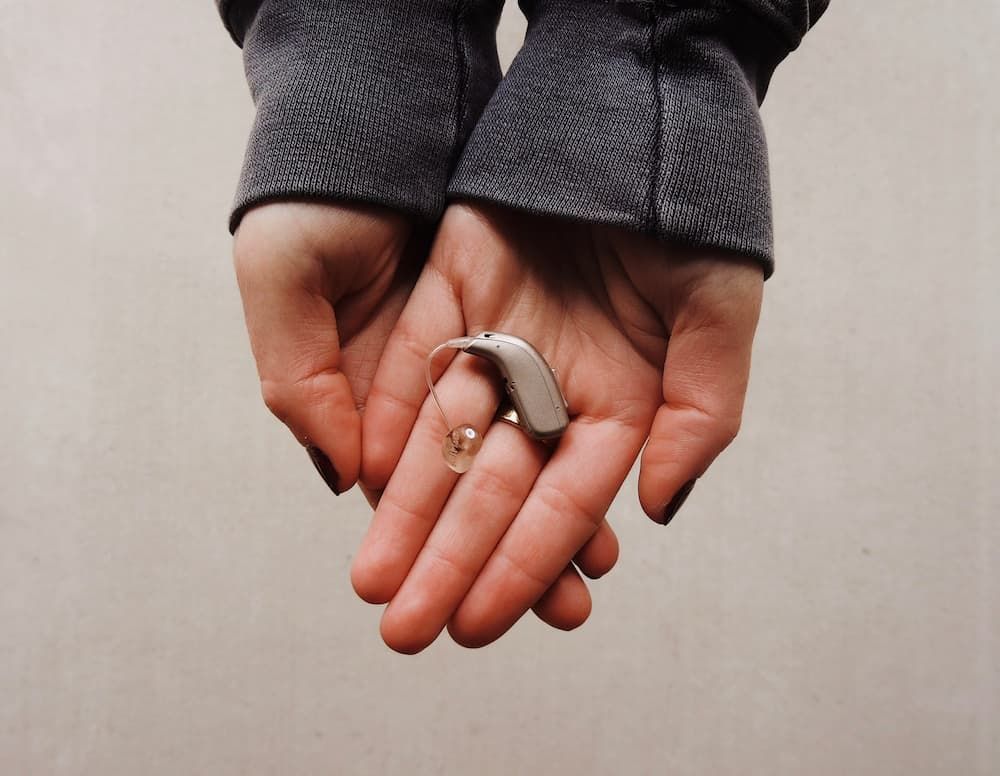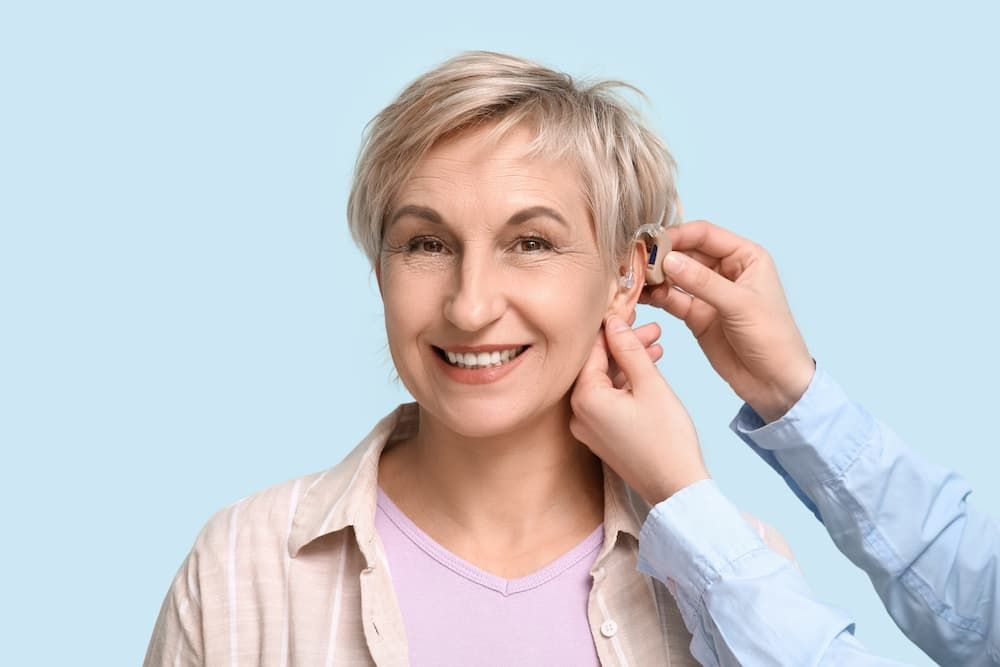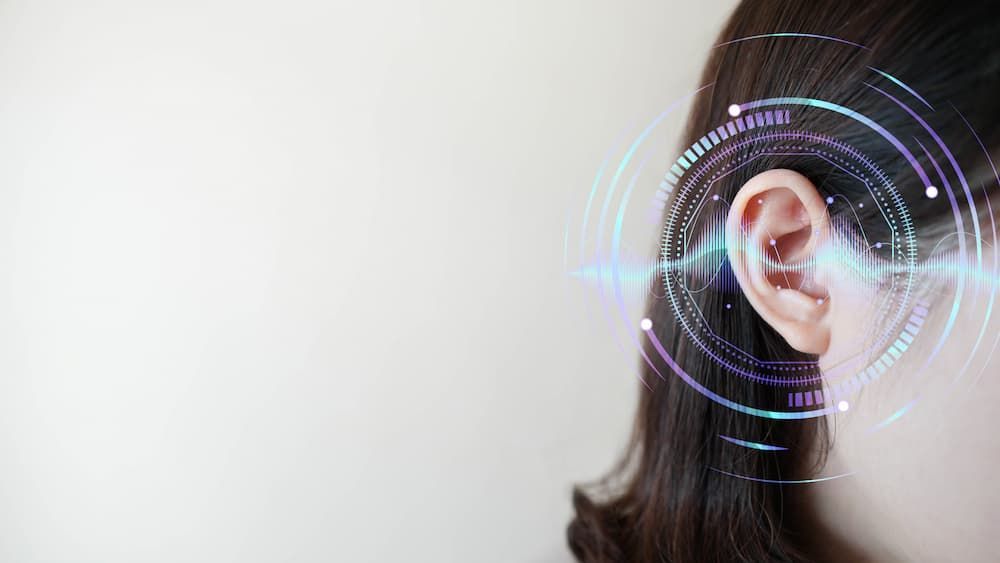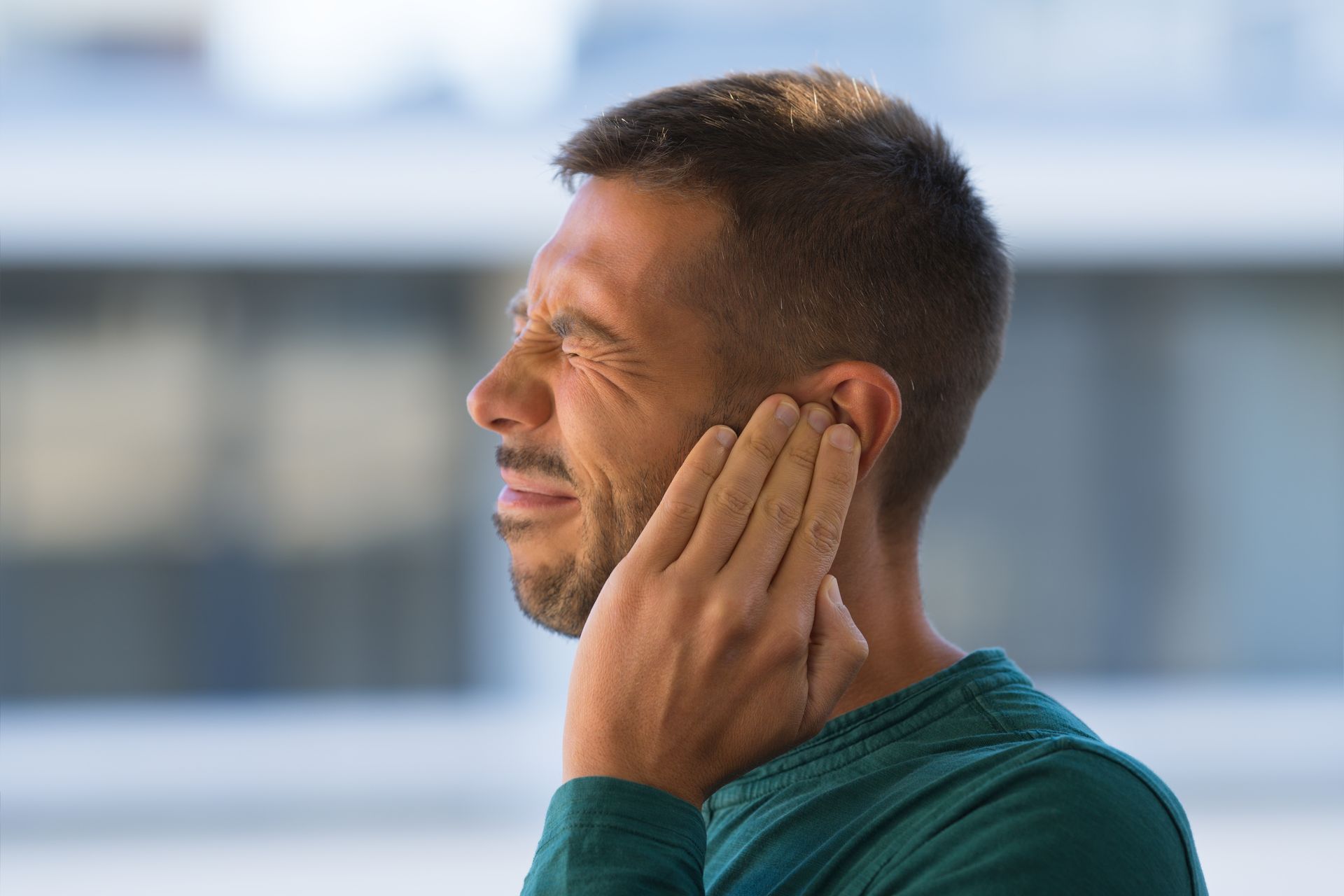Noise-Induced Hearing Loss: The Causes And Preventive Measures

Noise-Induced Hearing Loss: The Causes And Preventive Measures
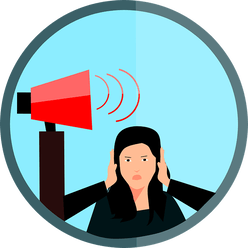 Our sight and hearing are the two primary ways that we get to enjoy everything around us. The many sounds we hear are, in most cases, at safe levels that do not damage our hearing. But there is a threshold to the levels of noise our hearing can accommodate; loud sounds can
be very harmful. However, even some noises can have a similar effect, even though they are not as loud but are listened to over a longer period. The impact of such sounds can range from damages to parts of the inner ear, resulting in the poor hearing to problems that worsen over time leading to permanent noise-induced hearing loss (NIHL).
Our sight and hearing are the two primary ways that we get to enjoy everything around us. The many sounds we hear are, in most cases, at safe levels that do not damage our hearing. But there is a threshold to the levels of noise our hearing can accommodate; loud sounds can
be very harmful. However, even some noises can have a similar effect, even though they are not as loud but are listened to over a longer period. The impact of such sounds can range from damages to parts of the inner ear, resulting in the poor hearing to problems that worsen over time leading to permanent noise-induced hearing loss (NIHL).
Who Is Affected?
Hearing loss attributed to noise can happen to anyone. According to a national survey, 24% of American adults between the ages of 20 and 29 that have had their hearing tested will show signs of noise-induced hearing problems, including hearing loss.
How Do We Hear?
It is by understanding how we hear that we can comprehend how loud sounds can be damaging to our ears. The way our hearing is set up is through a complex system that changes the noises in the air into electrical signals that are transported by the auditory nerve to the brain so that we then understand what we hear.
Noise-induced hearing loss (NIHL) occurs when the stereocilia are damaged by loud sounds that happen over a sudden or last for too long. The stereocilia are tiny hair-like structures located on the top of hair cells in the inner ear. The damage causes these hair cells not to send signals to the brain about the sounds you hear - resulting in the hearing loss, which is permanent.
How Sound Is Measured
Sound is measured in decibels, and the units of measure start from zero which is at near total silence. It is the softest level of noise that the average young person can accommodate. A whisper is 30 decibels while the sound of a normal conversation is double that (around 60 decibels). If that level increases by 10 decibels then it is considered to be ten times more powerful. Comparatively, an ambulance siren noise is about 120 decibels which is a level that is a trillion times more intense than the softest sound that the ears can handle. That is why the ambulance sirens are painful to the ear when at close range, as is the case with any other types of noises that are of 120 decibels and above.
In short, the louder the noise, the shorter the time it would take for hearing loss to happen. The sound of a powered lawn mower is 90 decibels, while that of a firecracker can reach 150 decibels; thus the latter can damage your hearing more suddenly than the former.
Causes And Effects
Constant exposure to loud noises is likely to lead to hearing loss. For instance, a person subjected to loud sounds in a workshop or factory over a long period is at risk of developing hearing issues, including hearing loss.
Most of the activities we do every day put us at the risk of noise-inducing hearing loss. Such activities include:
- Listening to music at using headphones or earphones with the volume set high.
- Attending loud concerts
- Jamming to music at home at max volume for an extended period, or being around loud noises such as that of the leaf blowers or lawnmower for an extending period.
- Riding motorbikes or snowmobiles with not protective gear for the ears
Some of the cases of noise-induced hearing loss are short-lived. The hearing returns to normalcy for some people; often within 16-48 hours after the problem occurred. However, studies show that there may be some degree of long-term damage that took place even if it may not be detectable at the moment only to manifest later.
The hearing loss attributed to loud sounds does not always occur suddenly when exposure to such noises. It can build over time, and the signs go unnoticed. As the problem progress, the affected person may:
- Experience tinnitus, which is a buzzing or ringing feeling in the ear. It may fade away but can become persistent and become a common thing throughout life.
- May not hear things well always asking others to repeat what they have said.
- May need to increase the volume of the headphones, TV, radio, or other devices.
It is advisable to seek medical attention and have your hearing checked if you experience any of these signs.
Is The Condition Genetic?
While everyone is at risk of experiencing noise-induced hearing loss, some people are at a higher risk than others due to genetics. Every person has genes that they inherit from their parents. The genes are the elements that form the building blocks for who you are, and there are individuals inherently born with the risk of developing noise-induced hearing loss. Research is still ongoing to understand why this is and which genes are at the heart of it all.
Preventing Noise-Induced Hearing Loss
NIHL is preventable. You only need to invest in practical ways of protecting your hearing as you strive to enjoy listening to the sounds you love. You can do this by:
- Avoiding loud noises.
- Lower the volume especially when using headphones.
- Wear the recommended protective gear for your ears when riding motorbikes or at work in a noisy environment.
- Be aware of extended noise - even at low levels - including restaurants, coffee shops, movie theaters, yard maintenance, and more.
What Can I Do Next?
If you suspect that you might have hearing loss due to long term exposure to noise, or even a short term blast, such as gunshots, fireworks, sirens, etc., there are two things that we recommend:
- Get your hearing tested. At Tinnitus and Hearing Center of Arizona, we conduct full and thorough ear screenings and hearing tests. We can detect possible hearing damage as well as any other hearing conditions or ear concerns. We'll measure the frequencies that you hear (and can't hear) and determine if there's damage that needs to be addressed. In our results consultation, we may recommend hearing aids to compensate for lost frequencies. We offer the best hearing aids on the market with cutting edge technology.
- Invest in Custom Ear Plugs for Hearing Protection. The cheap foam earplugs are better than nothing to protect your hearing, but we offer custom fit earplugs that are custom fit to your specific ear canal so that there is no sound leakage. Most earplugs of this caliber are in the $200 range, which is a small price to pay to protect the only pair of ears that you have - especially if you're frequently in noisy environments.
If you are looking for hearing testing in Scottsdale or the Phoenix metro, we encourage you to contact us for a hearing test appointment.
Click here to Call Us for an appointment, or schedule online here.
The information provided in this article is not meant to be medical advice and is for educational purposes only. If you would like to learn more about this and other hearing-related topics, feel free to contact Tinnitus & Hearing Center of Arizona by clicking here or by calling 480-831-6159.
